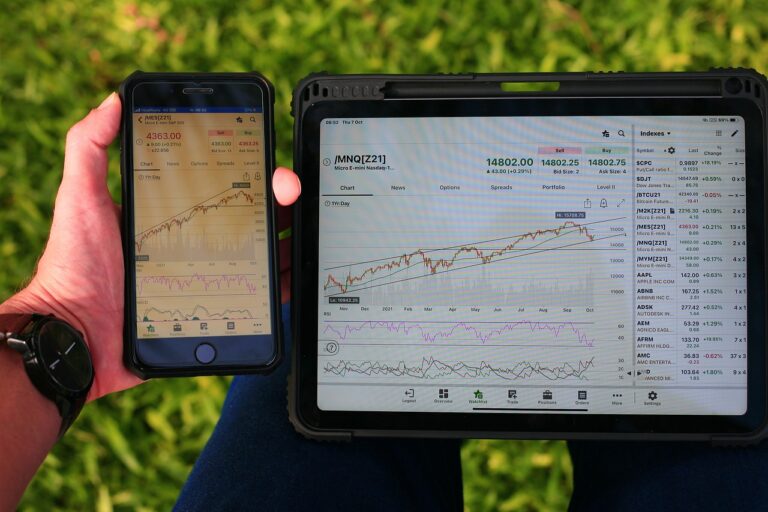The Future of Food Delivery Services
The rise of ghost kitchens, also known as cloud kitchens, is a prominent trend shaping the food delivery landscape. These kitchens operate solely for delivery orders, allowing restaurants to expand their reach without traditional dining space overhead costs. By focusing solely on preparing food for delivery, ghost kitchens streamline operations and cater to the growing demand for convenient, fast delivery options.
Another key trend in food delivery services is the integration of sustainability initiatives. Consumers are increasingly prioritizing eco-friendly practices, leading many food delivery companies to invest in sustainable packaging, electric delivery vehicles, and reducing food waste. This shift towards sustainability not only aligns with consumer preferences but also showcases a commitment to ethical and environmentally conscious practices.
Technological Advancements in Food Delivery
One notable technological advancement in the realm of food delivery services is the increasing use of mobile applications. With the rise of smartphones and the convenience they offer, food delivery companies have capitalized on this trend by developing user-friendly apps that allow customers to place orders with a few simple taps on their screens. These apps often come with additional features such as order tracking, instant notifications, and personalized recommendations, enhancing the overall user experience.
Another significant development is the integration of GPS tracking technology in delivery services. This advancement has revolutionized the way food is delivered by providing real-time location updates to both customers and delivery drivers. By leveraging GPS technology, food delivery companies can optimize delivery routes, estimate accurate delivery times, and ensure that orders are delivered promptly and efficiently. This not only improves customer satisfaction but also increases operational efficiency for the companies themselves.
Impact of Artificial Intelligence on Food Delivery
Artificial intelligence has revolutionized the landscape of food delivery services by enhancing operational efficiency and customer satisfaction. Through AI-powered algorithms, companies can analyze vast amounts of data to streamline delivery routes, predict order volumes, and personalize recommendations for users based on their preferences. This level of automation not only speeds up the delivery process but also ensures a seamless and tailored experience for customers.
Moreover, AI enables food delivery platforms to optimize pricing strategies, inventory management, and driver dispatching, ultimately leading to cost savings and improved service quality. By leveraging machine learning and predictive analytics, companies can anticipate peak hours, manage resources effectively, and minimize delivery times. As artificial intelligence continues to evolve, the food delivery industry is poised to further enhance convenience and accessibility for consumers while driving growth and competitiveness for businesses.







